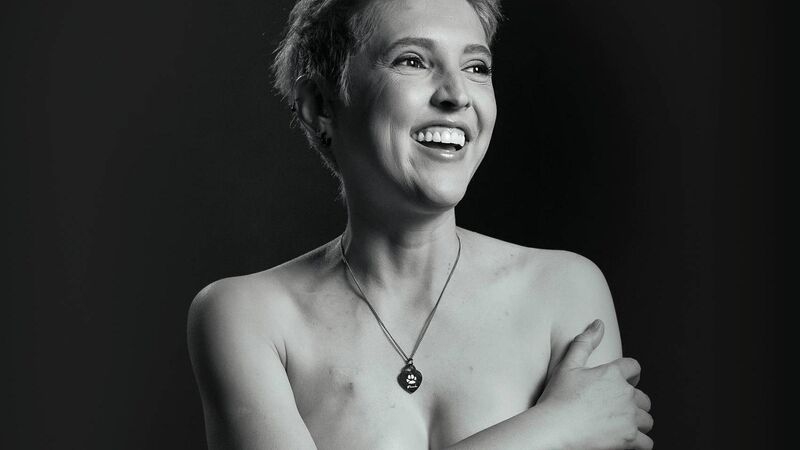Surviving breast cancer: ‘It wasn’t curable anymore, it was treatable’

Vanessa Pontes: “I genuinely didn’t think it was anything much, but when I got to Brazil, the lump started bothering me — it was growing quickly and there was pulling of the skin.”
Vanessa Pontes was never sure she would recognise a worrying lump in her breast. But, taking a shower after work one February afternoon last year, the Dublin-based IT worker was in no doubt.
“It was so big I was like: ‘Whoa! What is that?’








